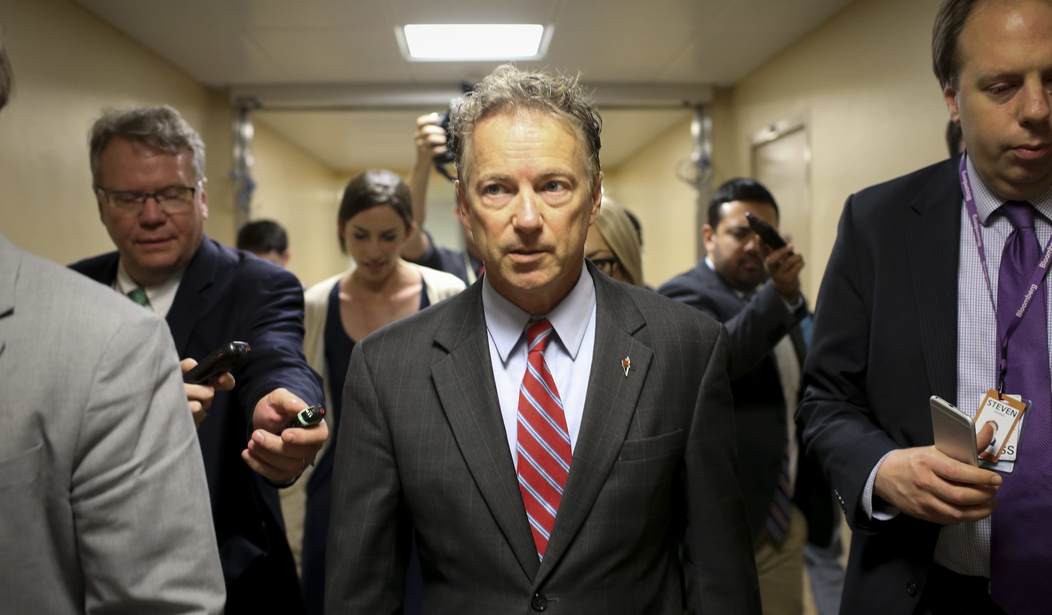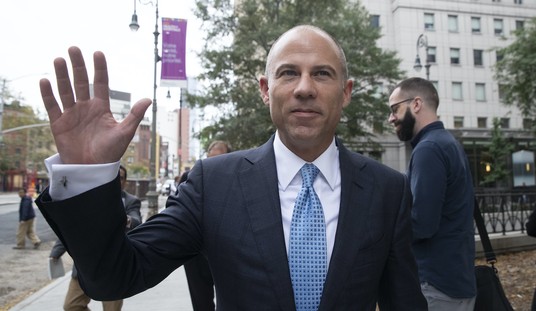WASHINGTON — After failing late Tuesday to pass an Obamacare repeal-and-replace bill, seven Republicans crossed party lines to shoot down the straight repeal bill that Majority Leader Mitch McConnell (R-Ky.) touted as the same thing most GOPs voted to send to President Obama’s desk two years ago.
A procedural vote on repeal-and-replace failed 43-57, with Sens. Susan Collins (R-Maine), Bob Corker (R-Tenn.), Tom Cotton (R-Ark.), Lindsey Graham (R-S.C.), Dean Heller (R-Nev.), Mike Lee (R-Utah), Jerry Moran (R-Kan.), Lisa Murkowski (R-Alaska), and Rand Paul (R-Ky.) voting “no,” albeit for different reasons.
President Trump began the day with a tweet directed at Murkowski: “Senator @lisamurkowski of the Great State of Alaska really let the Republicans, and our country, down yesterday. Too bad!”
But that didn’t shift her vote on the next anti-Obamacare measure. Today’s repeal amendment, which said a replacement would be formulated in two years, fell 45-55. Collins, Heller and Murkowski voted against the measure, along with Senate Health, Education, Labor and Pensions Committee Chairman Lamar Alexander (R-Tenn.) and Sens. Shelly Moore Capito (R-W.Va.), John McCain (R-Ariz.), and Rob Portman (R-Ohio).
“I agree with President Trump that we should repeal and replace major parts of the Affordable Care Act at the same time. In 2015, we could have waited two years for relief, but we cannot now, when Tennessee insurance commissioner Julie McPeak says the state’s individual insurance market is ‘very near collapse,'” Alexander explained in a statement. “We have 350,000 Tennesseans who buy insurance in the individual market — songwriters, small businessmen and women, farmers — who are worried today that they may have zero options for insurance in just six months.”
“In addition, I don’t think Tennesseans would be comfortable canceling insurance for 22 million Americans, and trusting Congress to find a replacement in two years,” he added. “Pilots like to know where they’re going to land when they take off, and we should too.”
Paul argued in a floor speech that “a two-year window to wind down” would be doing “what we told the American people we would do.”
“There are some, especially on the other side or in the media – or both – who ask, ‘Can Republicans govern?'” he asked. “That’s a good question. I say yes, but I tell you this – it’s hard to say yes if we can’t do something as simple as keeping our word.”
Next on the menu will be “skinny replace” — a bare-bones repeal of only the individual and employer mandates as well as the medical device tax; the latter has drawn bipartisan criticism over the years.
It could also be termed “skinny” because it indicates that the GOP is lean on remaining options to repeal Obamacare.
“Surely it would be nice if you had a much larger majority to work with,” GOP Conference Chairman John Thune (R-S.D.) told CNN this afternoon. “…We just haven’t been able to get 50 votes around one single solution yet. That’s a work in progress.”
Sen. Bill Cassidy (R-La.), a physician who once said that a repeal-and-replace bill should pass the “Jimmy Kimmel test” of making sure people keep health coverage, told CNN he’s “voting for anything that continues the process.”
“We can’t stay in this no man’s land where nothing happens, where everything is dependent,” he said.
Cassidy said he believed an amendment he authored with Graham could be a golden ticket. “There are three states right now getting 37 percent of all the Obamacare health insurance payments. Think about that. Three states get 37 percent of all the Obamacare health insurance premiums,” he said.
“Now, if you just say to a senator, no matter whether it’s blue or red, you’re not one of those three states, maybe there should be equity, maybe no matter where that patient lives, the federal taxpayer support of his or her health insurance should be equal across states, they say, yes. And, frankly, many of those states do financially better under Graham/Cassidy than they do under status quo,” Cassidy continued.
“We think that giving states that option, those senators that option to vote for fairness actually is a way to go forward. We still repeal taxes, by the way. We absolutely repeal taxes and mandates, but we do create fairness and that in turn leaves most states better off.”
A bipartisan group of governors — John Hickenlooper of Colorado, John Bel Edwards of Louisiana, Steve Bullock of Montana, Terry McAuliffe of Virginia, Brian Sandoval of Nevada, Charles Baker of Massachusetts, Larry Hogan of Maryland, John Kasich of Ohio, Tom Wolf of Pennsylvania and Phil Scott of Vermont — sent a letter to Senate leaders today in opposition of “skinny repeal,” arguing it would “accelerate health plans leaving the individual market, increase premiums, and result in fewer Americans having access to coverage.”
“Instead, we ask senators to work with governors on solutions to problems we can all agree on: fixing our unstable insurance markets. Improvements should be based on a set of guiding principles, which include controlling costs and stabilizing the
market, that will positively impact the coverage and care of millions of Americans, including many who are dealing with mental illness, chronic health problems, and drug addiction,” they wrote. “The next best step is for senators and governors of both parties to come together to work to improve our health care system.”








Join the conversation as a VIP Member